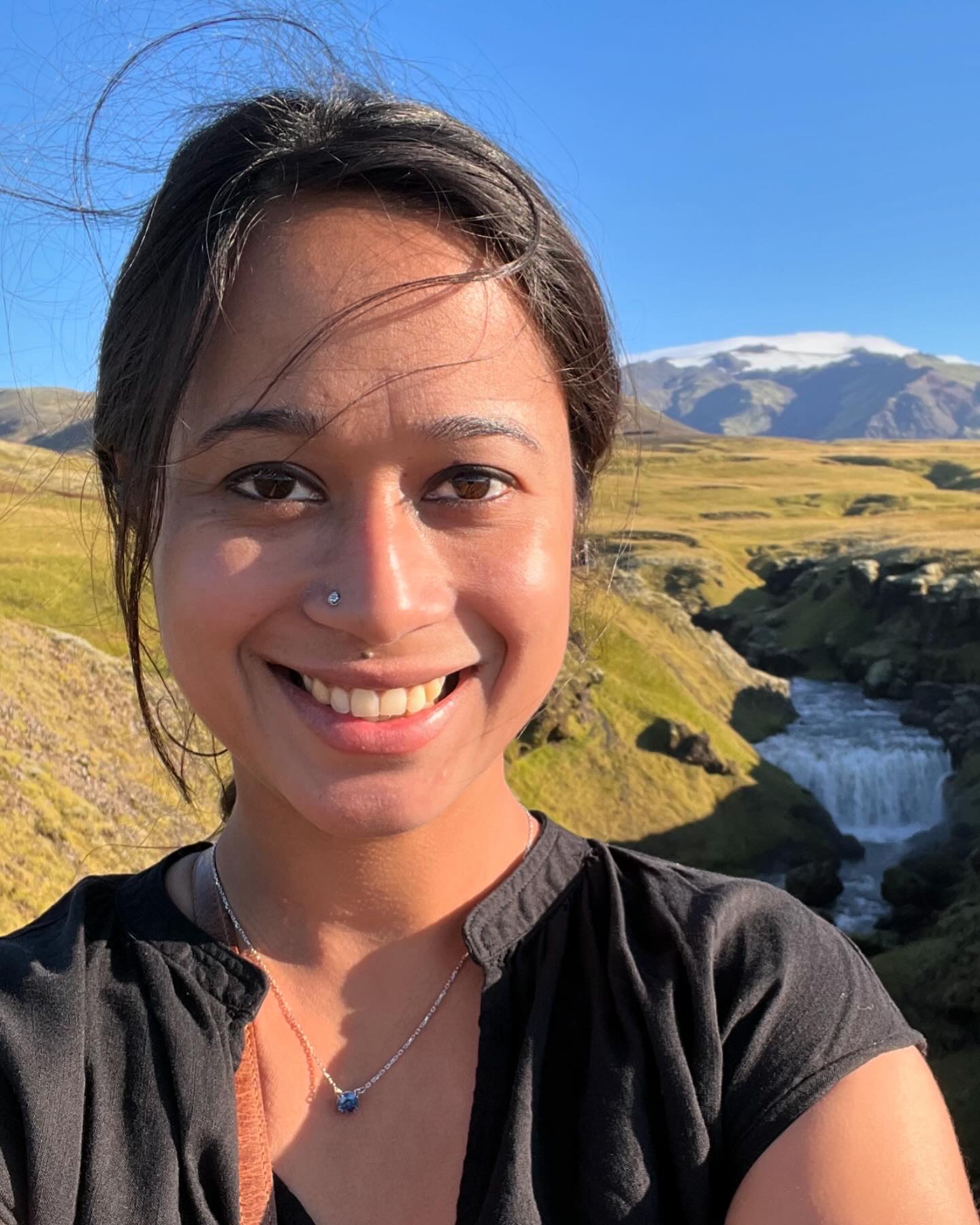Theme for HIST 9 Historical Methods (Summer 2025) – Silences, Secrets and Subalterns of History
The Partition of India and Pakistan in 1947 displaced Hindu-Sylhetis from their territorial home in Sylhet, which is today in Bangladesh, then East Pakistan. The circulatory movement of Sylhetis between East Pakistan and India that ensued for two decades triggered the new postcolonial nation to accommodate rehabilitation of the community within an urbanizing landscape of the regional capital of Shillong. My dissertation explores the ways in which class and caste locations of displaced Sylhetis informed their various technologies of self-making as Hindu political subjects of the Indian nation-state amidst growing anxieties of belonging, dispossession and inter-religious tension. It also utilizes the encounters of these displaced people with ‘state’ enterprises of rehabilitation while they sought to reinvent themselves as citizens as a granular look at the making of the ‘state’ of the new nation and spatial orders of urban Shillong. I use bureaucratic archives of rehabilitation, land relations and urban planning in dialogue with ethnographic fieldwork to demystify the making of the ‘state’ and register the postcolonial continuum in which novel claims about nationhood are situated.
Advisor: Mary Hancock, Anshu Malhotra
Dissertation Committee Members: Utathya Chattopadhyaya, Kate McDonald
Re-producing Home: Refugee Rehabilitation and the Frontier Infrastructures of State, Urban Space and Citizenship in post-Partition Shillong
World History, South Asia, Historical Methods, Philosophy of History, Migration, Infrastructure and Spatial History, Urban History and Anthropology
Within South Asia:
- 11th century to present
- North-East India
- Religions and Pluralism
- Gender and Sexuality
Teaching Associate:
- HIST 9 (forthcoming 2025): Historical Methods
- HIST 88 (2024) : Intro to South Asian History
Teaching Assistant:
- HIST 2A, B, C : World History
- HIST 4A, C; HIST 121, 141: Mediterranean and European History
- HIST 8: Latin America
- HIST 88: South Asia
- HIST 49C: History of Africa
- 2024-25 Guru Gobind Singh Fellowship, (Full year funding) University of California
- 2024-25 Departmental Diversity Dissertation Fellowship, Department of History, UCSB (Fall 2024)
- 2024-25 Junior Research Fellowship, American Institute of Indian Studies, Alternate List
- 2024 History Associates Graduate Fellowship, Department of History, UCSB
- 2024 Interdisciplinary Humanities Center Graduate Collaborative Awards, “The Future of the Lumpenproletariat Conference”, UCSB
- 2024 Participant, Research School Border Extractions: An Island Methodology, University of Palermo, Italy
- 2023 Richard ’59 And Jeanne Williams Endowed Graduate Fellowship, UCSB
- 2023 History Associates Graduate Fellowship Award, Department of History, UCSB
- 2023 Department Dissertation Fellowship, Department of History, UCSB (fall 2023)
- 2023 History Departmental Conference Travel Grant, UCSB
- 2023 Humanities and Social Sciences Grant, Graduate Division, UCSB
- 2022 William H. Ellison Award for the Best Seminar Paper in History, “Affective Architecture of a New Nation: Petitions, Promises, Processes of Rehabilitation in post-Partition Shillong”
- 2022 History Departmental Research Travel Grant, UCSB
- 2021 History Associates Graduate Fellowship, History Associates, UCSB
- 2020 Graduate Fellow of Public Humanities, Interdisciplinary Humanities Centre, UCSB
- 2019 Recruitment Fellowship, Department of History, UCSB
Research Languages: English, Hindi, Bengali, Sylheti, Assamese, Farsi (Persian)
Additional training: Korean, French, Spanish

